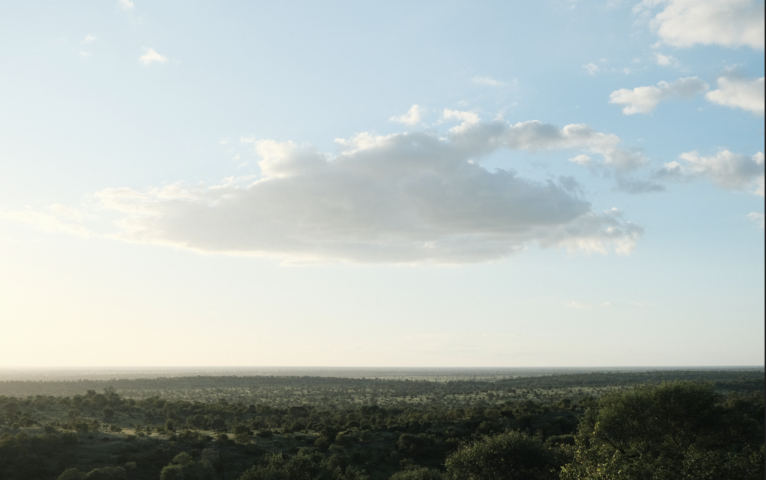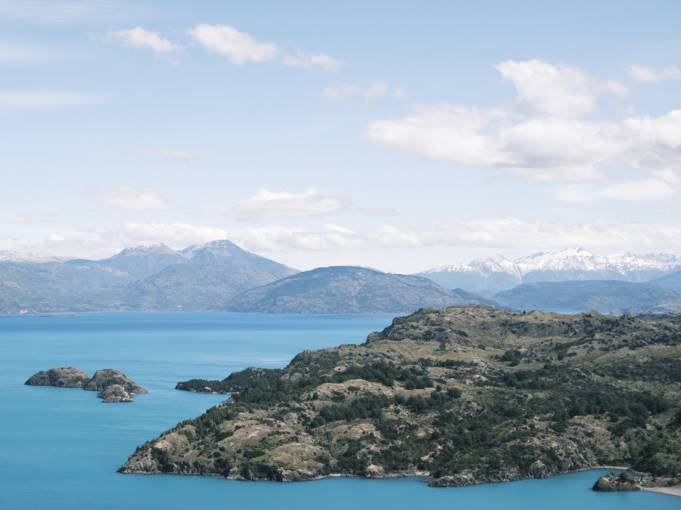2023 Partnerships – 1st Tranche

Daniel Hotz
15.06.2023
Ecological restoration is a vision of hope for a brighter future. As a Grantmaker, we are committed to playing our part in the global endeavour of the United Nations Decade on Ecosystem Restoration to create lasting change. We support remarkable organisations that are working tirelessly to mitigate ecological breakdown and achieve international targets.
Since January 2023, James Byrne has joined as Programme Officer, this has given the capacity ERF needed to search out and find the organisations ERF are now building partnerships with.
In 2023, ERF has scaled up through funding significant, multi-million and multi-year partnerships with like-minded organisations. This multi-year funding lessens the time our partners need to fundraise allowing them to better carry out their mission and strengthens their effectiveness, capacity, and critically, impact.
The first of our partners in 2023:
Rewilding Chile (£3.75m a year for three years / £11.25m in total)
Rewilding Chile is a foundation that carries the legacy of Douglas and Kris Tompkins. As part of Tompkins Conservation, they have dedicated more than 28 years to promoting Rewilding as a comprehensive conservation strategy in the ‘Route of Parks’ in the Chilean Patagonia by creating new national parks, restoring ecosystems and actively managing threatened species.
This includes;
- 7 national parks created
- 3 national parks expanded
- 2+ million acres donated
- 11+ million acres protected via leveraging additional protected land from the State
- 8 species monitored and conservated – Huemul, Nandu, Puma and other wild cats, Guanaco, and Condor. They work to avoid the extinction of native species, where losses would destabilise the entire natural system.
Through this public-private alliance strategy, they have had a 1:8 acreage match for permanent protection. They are currently working to ensure that land donation also triggers marine protection. They are looking to re-establish ecological corridors on private and public lands and transboundary corridors, including altitudinal gradients.
Funding from ERF will allow Rewilding Chile to catalyse their full potential by expanding its organisational structure and projects to accelerate its actions and contribute significantly to protecting and restoring 30% of the planet by 2030.
Rewilding Europe (£3m a year for three years / £9m in total)
Rewilding Europe is a federated pan-European initiative, with a central team and rewilding local teams working closely together.
Rewilding Europe works to demonstrate the benefits of wilder nature through the rewilding of 10 high-profile operational rewilding landscapes, and to scale up this effort by inspiring and enabling others to adopt rewilding principles, models and tools. Over the last 12 years, Rewilding Europe has played a pioneering role with its action-oriented, “showing by doing” philosophy resulting in a growing European rewilding movement, sharing a unique practical experience and know-how.
The purpose of the funding is twofold:
- Support and enhance the delivery of tangible and meaningful rewilding outcomes and impact in the 10+ landscapes by ensuring team capacity and funding for rewilding interventions.
- Support the comeback of wildlife in the 10+ landscapes and beyond, through at least 10
Reintroductions per year of keystone species via the European Wildlife Comeback Fund. The keystone species include large herbivores (European bison, red deer and fallow deer, kulan, Przewalski horses, chamois), carnivores (Eurasian and Iberian lynx), scavengers (cinereous and griffon vultures), and a variety of species from various taxonomic groups (fish, crayfish, rodents such as beavers, marmots and hamsters, dung beetles etc.).
RSPB and Birdlife International (£1m a year for three years / £3m in total)
ERF have funded a joint initiative by RSPB and Birdlife International for the development of the African-Eurasian Flyway (AEF).
A flyway is a bird migration highway. The AEF stretches from Greenland and the Arctic to southern Africa, and is used by hundreds of millions of migratory birds every year. The habitats within the flyway also support hundreds of non-migratory bird species, many of which are globally threatened.
The flyway is severely impacted by various human pressures, including habitat destruction and degradation, illegal hunting and trapping and climate change. Urgent action is needed to ensure key sites and landscapes are protected, well-managed and restored to address main threats and implement a long-term flyway strategy.
The project aims to transform the conservation status of the AEF through;
- Strengthening the capacity and collaboration of local NGOs along the flyway to advance migratory bird conservation.
- The identification of 5-10 priority sites and/or landscapes spread over East Africa, the Middle East and Europe to work up conservation actions to allow targeted fundraising.
- Action on the ground to scale up proven pilots in key sites and landscapes in the western part of the flyway such as Sierra Leone, Liberia, Ghana and South Africa.
- Respond quickly to stop and/or mitigate high-risk development in priority sites.
- Create and implement an investment engagement strategy for development banks and other potential investors in developing a Regional Flyway Initiative.
RSPB and BirdLife International aim to develop the AEF into a global exemplar of high-impact nature conservation that supports lives and livelihoods, and thus creating a wider support for nature and helping to stabilise the climate.
Hutan (£500,000 a year for three years / £1.5m in total)
Hutan is a grassroots research and conservation organisation in Sabah, Malaysia. Their conservation work focuses on one of the most biodiverse regions in the world, and includes some of Borneo’s most iconic species, such as the Bornean orangutan, pygmy elephant, and proboscis’ monkey and clouded leopard. This landscape has also long supported groups of Sabahan indigenous peoples.
However, historic timber exploitation has broken up the natural forests into small, isolated fragments. Today small islands of protected areas are surrounded by an expansive sea of oil palm plantations. Orangutans and other wildlife are trapped inside isolated forest patches too small for them to survive and have no choice when trying to move from one patch to the other but to encroach on people’s lands.
Hutan is working with the local community to develop a more harmonious coexistence between its wildlife and people. The ERF funding will enable Hutan to achieve a range of outcomes, including reforesting and improving the size and connectivity of key wildlife habitats across the mixed forest-agricultural Kinabatangan landscape. The funding will support Hutan’s all-female reforestation team which has been engaged in a long-term mission to rehabilitate these crucial wildlife habitats with native tree species, including restoring abandoned oil palm plantations along the Kinabatangan River.


